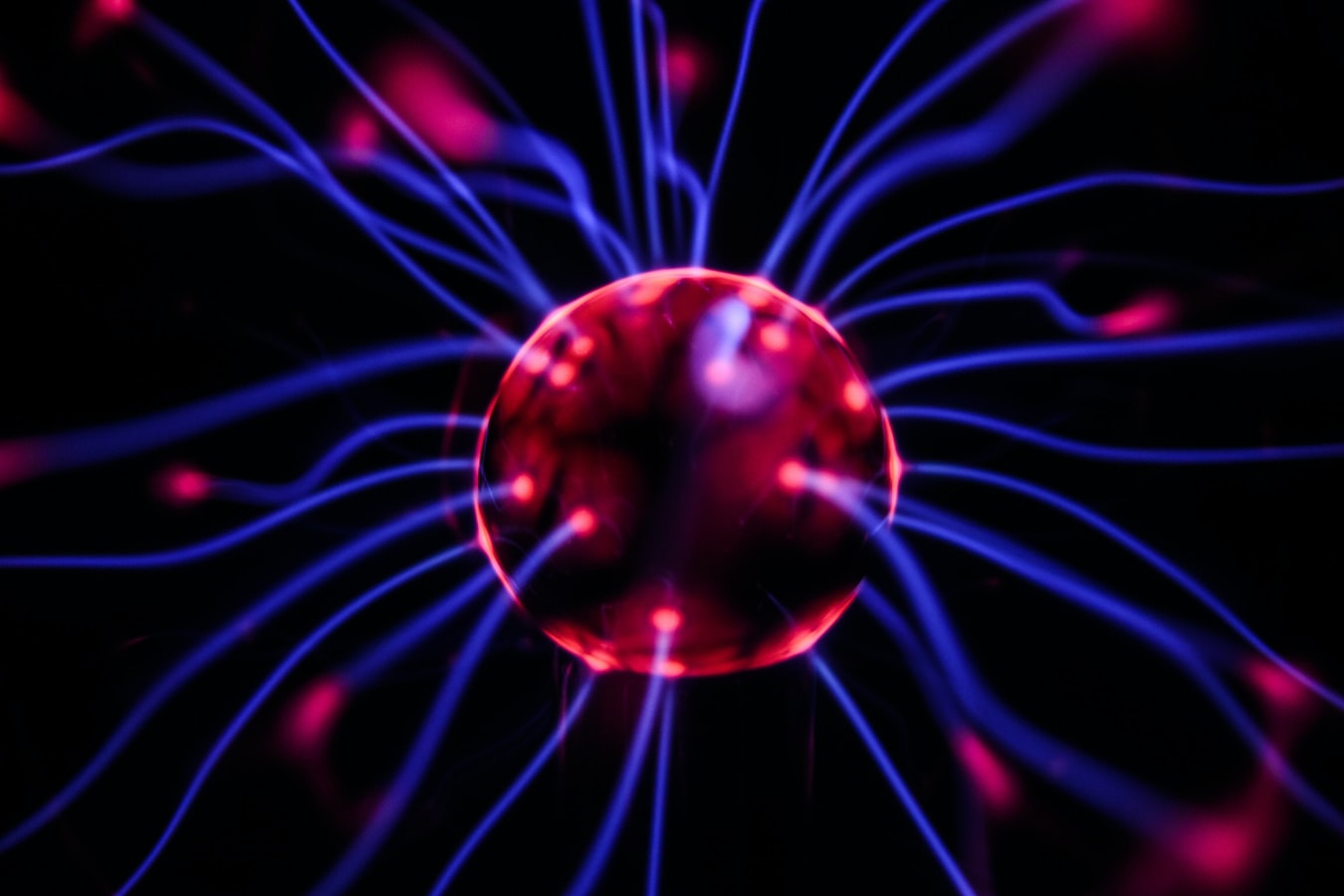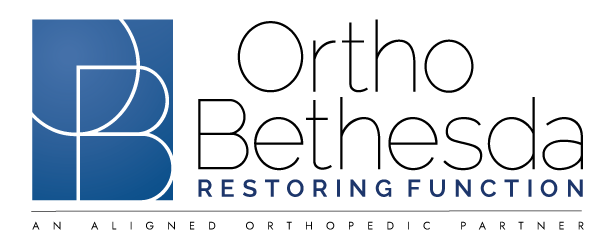
Therapist Blog by Kyle Graves (PT, DPT)
What is a concussion?
A concussion is a mild traumatic brain injury that occurs as a result of an impact to the head that causes chemical changes within the brain. Individuals may or may not experience a loss of consciousness. Common mechanisms of injury include collisions during sports, falls, car accidents, or acts of violence. Concussions result in a wide variety of symptoms including neck pain, dizziness, headaches, balance/visual disturbances, confusion, difficulty concentrating, nausea/vomiting, amnesia, light/noise sensitivity, and even mood or personality changes.
What steps should you take if you sustain a concussion?
If you or someone you know has sustained a concussion, they should be removed from the sport or activity that caused the injury and seek medical attention. Red flag signs after a concussion that require a visit to the emergency room or calling 9-1-1 include loss of consciousness, the inability to wake up, difference in pupil size, worsening headache, slurred speech, weakness, numbness, loss of coordination, repeated vomiting/nausea/seizures, confusion, or changes in behavior.
How can physical therapy help?
After you experience a concussive event, you may have several symptoms that can be treated by a physical therapist. A therapist may work on neck pain, vestibular-ocular impairments (vertigo, difficulty with balance, vision disturbances, coordination), certain types of headaches, and exercise intolerance. Physical therapists can also provide education on self-management techniques, sleep, signs that require further evaluation from another healthcare provider, and tips to aid in the return to school or work.
How long does it take to recover from a concussion?
Each concussion is unique and several factors come into play with the recovery process. Common recovery timeframes are 2 weeks in adults and 4 weeks in children/adolescents. Factors that may increase the recovery timeline are a previous history of concussions, younger age, female gender, learning disabilities, history of migraines, motion sensitivity, and ocular conditions.
Concussion and Sport in Maryland
In the state of Maryland, a student athlete that is suspected of a concussion must be removed from sport to undergo evaluation and management of the concussion. A licensed physician, physician’s assistant, nurse practitioner, psychologist, or athletic trainer trained in evaluation and management of concussions is required to medically clear a student athlete to return to play (minimum of 5 days post injury). Student athletes are progressed through a staged rehab program that monitors symptoms and assess readiness to return to play. Stages include symptom limited activity, light aerobic exercise, sports specific exercise, non-contact training drills, full contact practice, and return to sport.
Should you get physical therapy after a concussion?
While presentations after a concussion vary greatly, several symptoms may be treated successfully after a thorough physical therapy evaluation. Ask your physician if physical therapy may be right for you.
Schedule Concussion Management Treatment Near You
We invite you to contact our OrthoBethesda Physical Therapy team to find out more about our Concussion Management program and other therapy services that we offer at our Bethesda, MD, treatment center. When you schedule your appointment, we’ll determine the best course of treatment, led by our Concussion Management Certified Therapists. Call us today at (240) 482-2438 to learn more.
Related Content
- How Much Does Physical Therapy Cost?
- The Role of Medical Imaging in Physical Therapy
- What Makes a Good Physical Therapist?
- What to Wear to Your Physical Therapy Appointment
- 4 Common Reasons Why Physical Therapy Is Important
- How to Become a Physical Therapy Assistant
- Making the Most of Virtual Physical Therapy
- Occupational Therapy vs. Physical Therapy
- Top Reasons You Should See a Certifed Hand Therapist
- Best Physical Therapy Methods for Treating Shoulder Pain and Injuries
Sources:
Consensus statement on concussion in sport—the 5th international conference on concussion in sport held in Berlin, October 2016. McCrory, Paul, et al. Br J Sports Med 2018;51:838–847. doi:10.1136/bjsports-2017-097699
ImPACT Applications, Inc.
https://www.mpssaa.org/assets/1/6/Policies_and_Programs_for_Concussions_12.12.pdf
